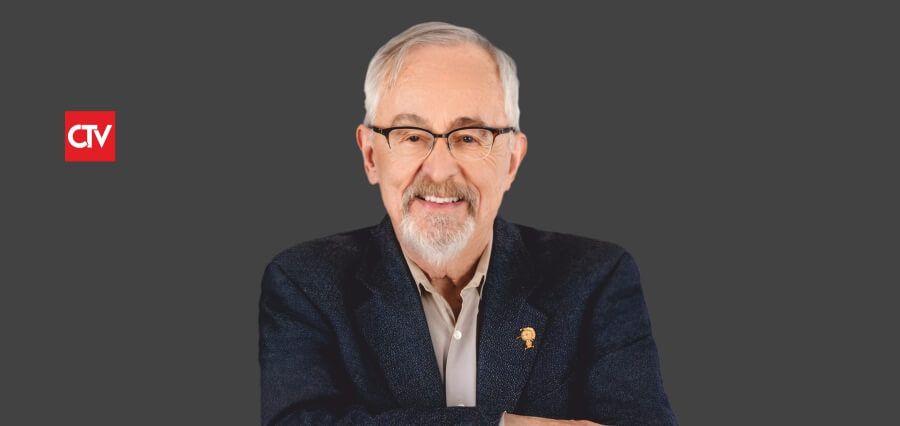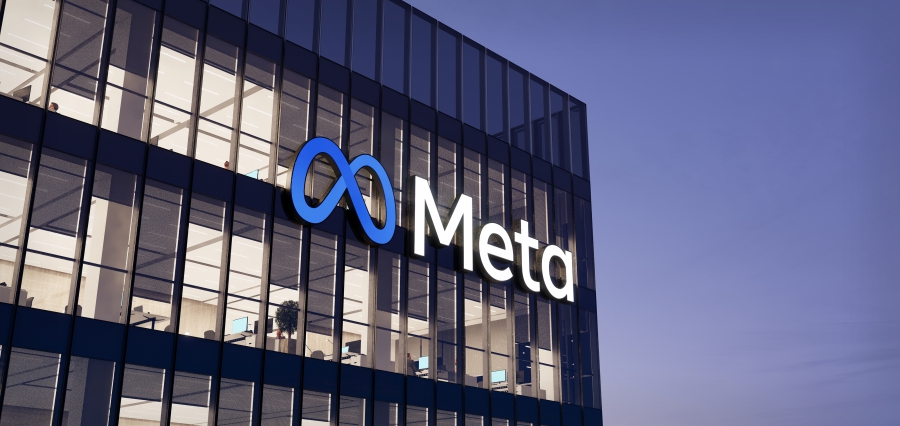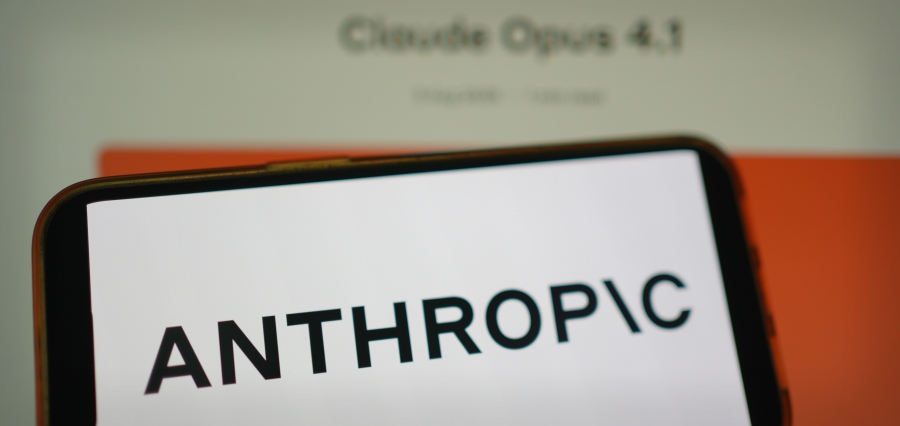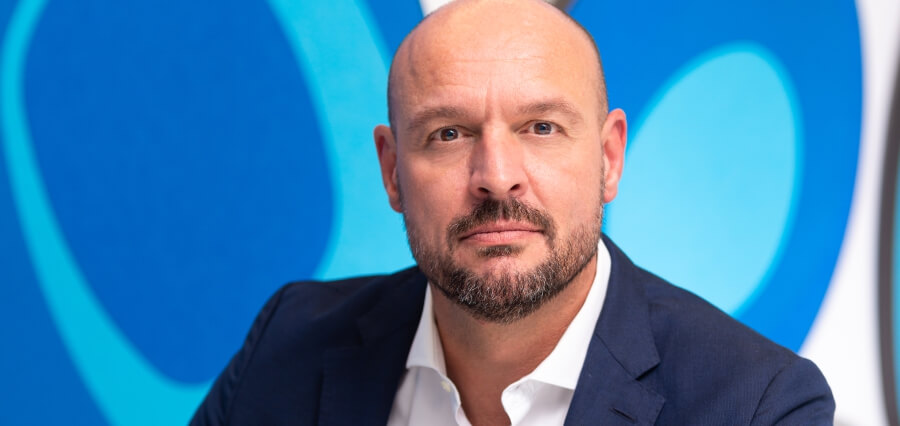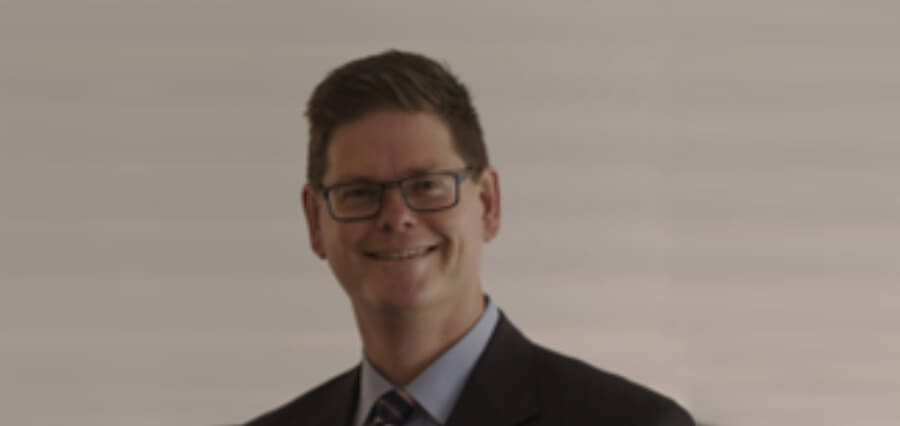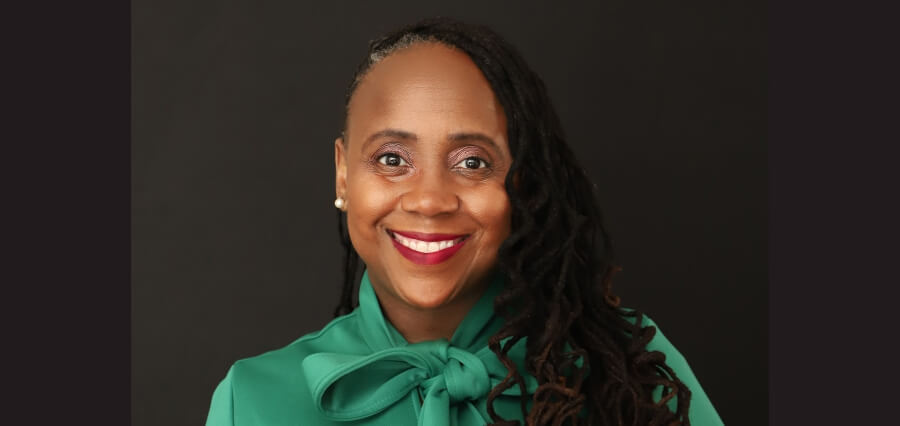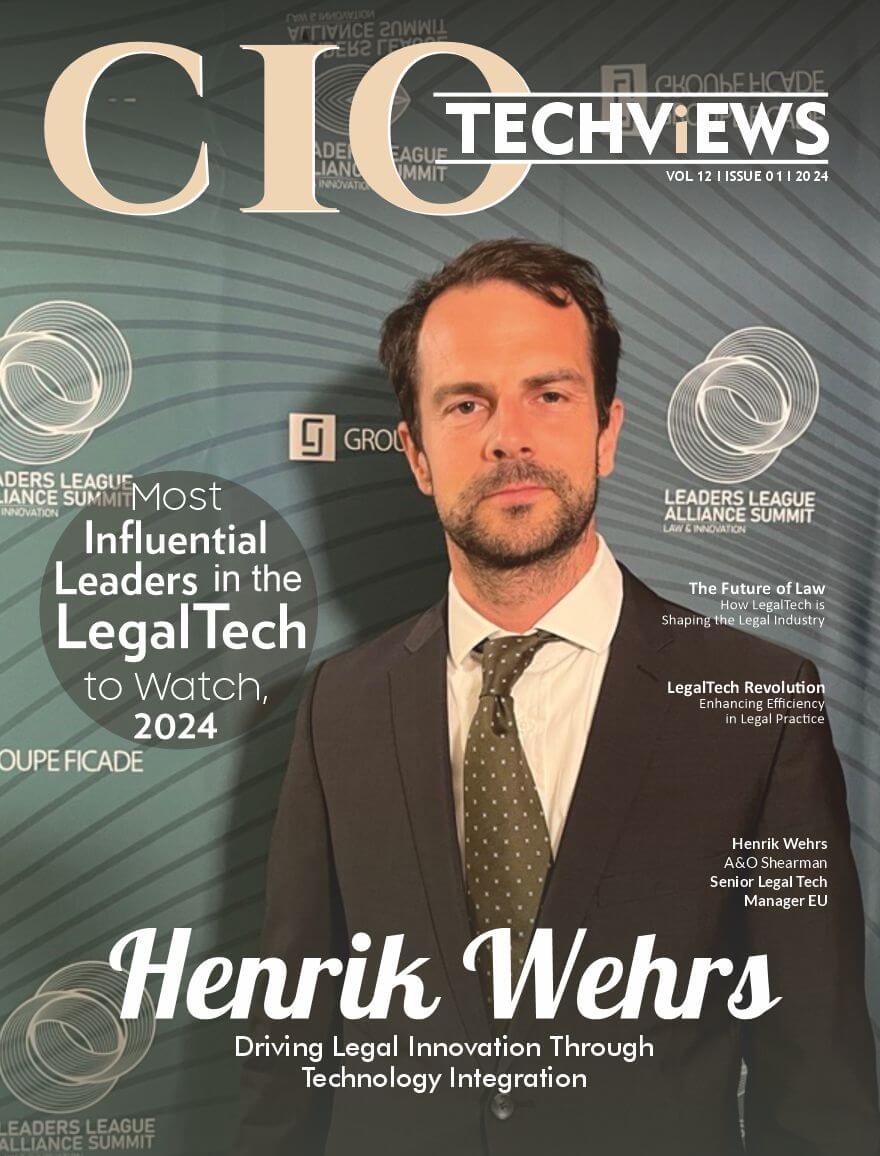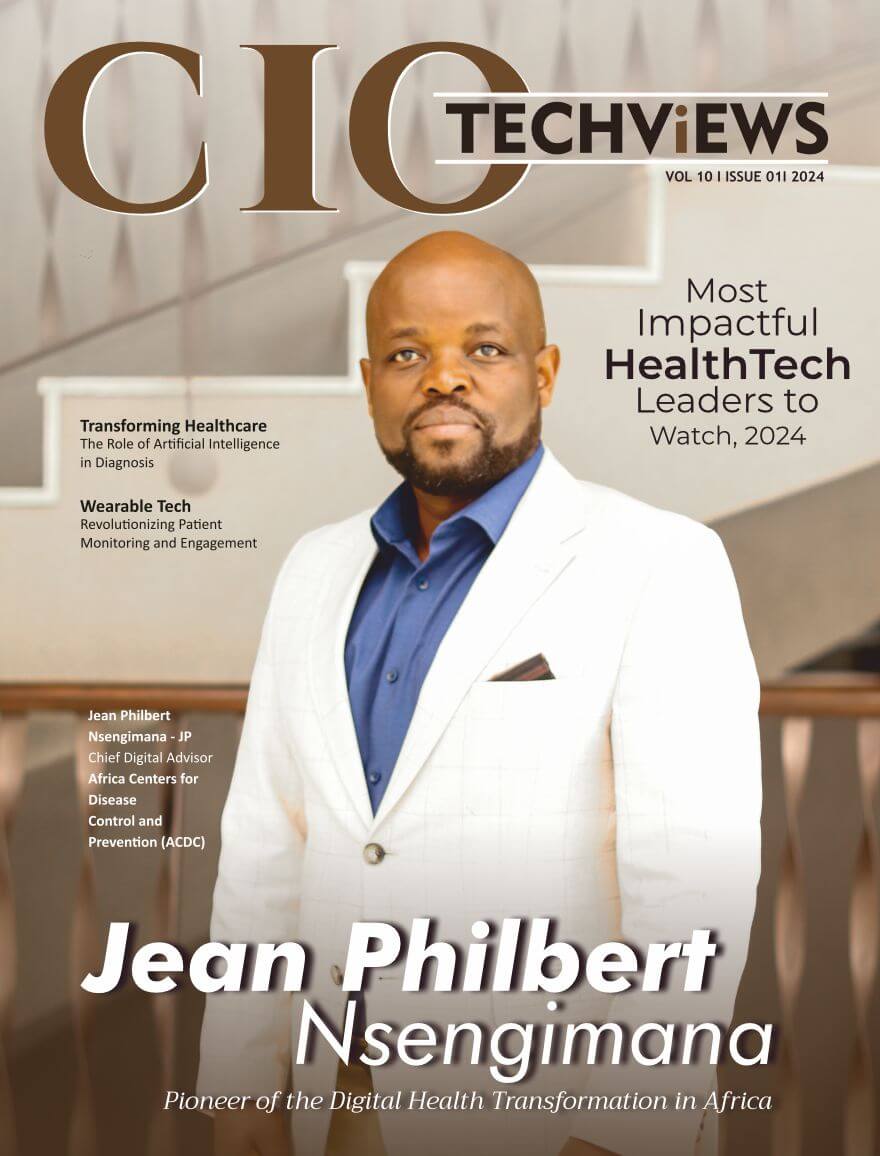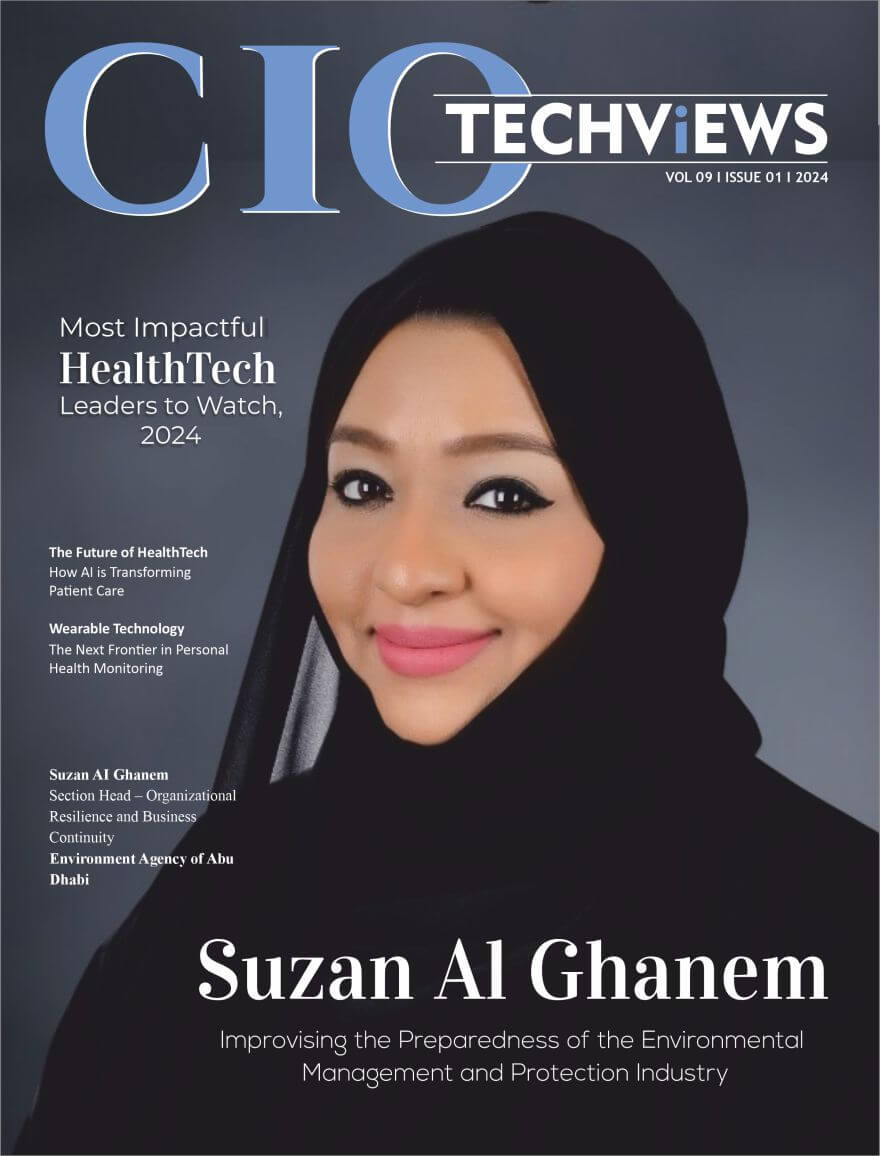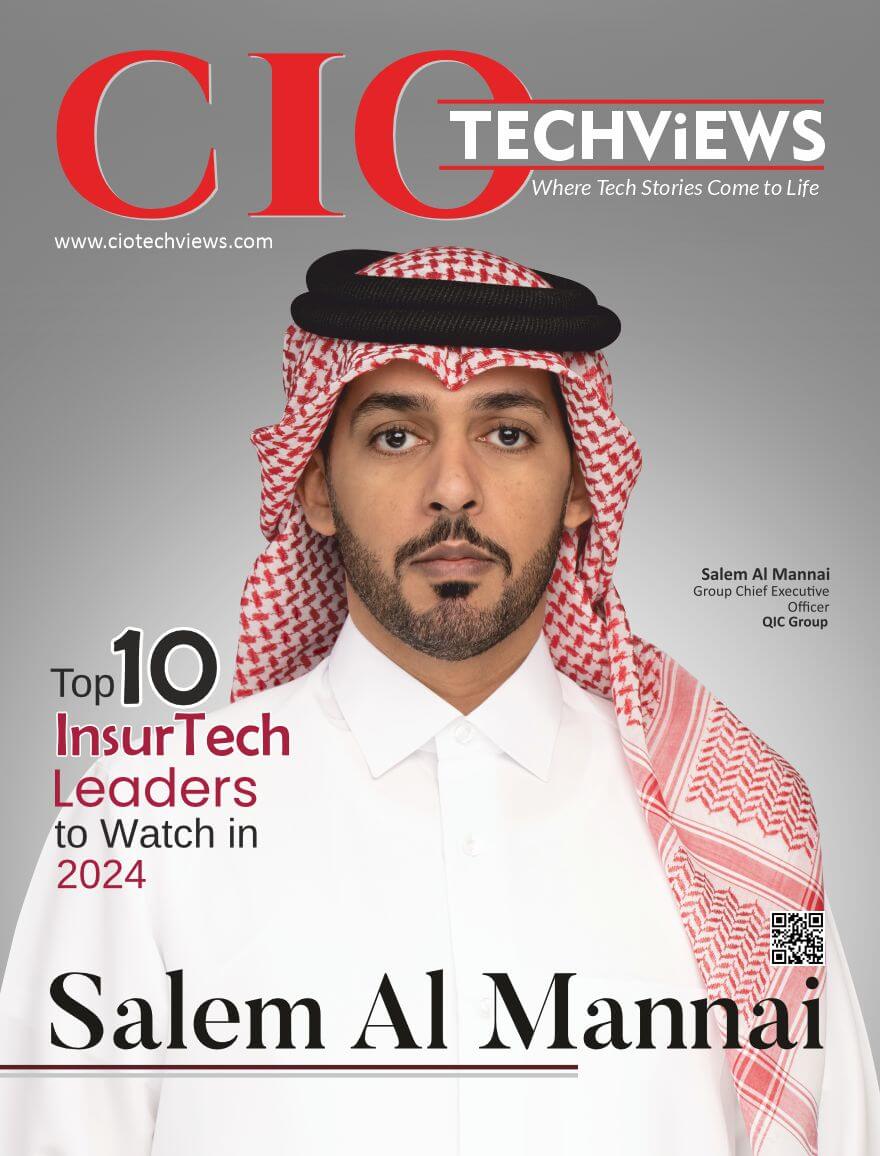What do you imagine when you hear the words ‘Smart Education?’ I know almost all of you will say augmented, immersive, digital or even virtual classrooms. I mean, hardly anyone would say pencil and paper, right?
However, according to the internationally celebrated MIT Professor Dr Richard Charles Larson, pencil and paper are the only tools you need to get a smart education.
In Professor Dr Larson’s words, “With regard to modern fads in learning, I am old-fashioned. I believe in computers being turned off and the student interacting with the material with many sharpened pencils and blank sheets of paper at hand. Recent educational research has validated this approach, as the mechanical movement of your hand, writing out key results, is a best-in-class pathway to parts of your brain that will store and remember the results. So, for me, a student’s “immersive learning experience” is with pencil and paper!”
He adds, “Let’s not confuse a Google search for an answer as real learning. I like to say, “The Answer is NOT the answer.”
“The Process is the Answer”
If he says so, you must believe him because he is speaking from his personal experience of 56 years in teaching as he joined the Massachusetts Institute of Technology (MIT) as a faculty back in 1969. Before that, he received all three of his degrees (SB 1965, SM 1967, & PhD 1969) from the same institute. Also, he was the forty-second president of the Operations Research Society of America (ORSA) and the eleventh president of the Institute for Operations Research and the Management Sciences (INFORMS).
A pioneering figure in the field of operations research, Larson is renowned for applying analytical rigor to real-world urban challenges. Best known for his groundbreaking work in emergency response systems and police patrol optimization, Larson’s early research earned him the prestigious Frederick W. Lanchester Prize—making him one of its youngest recipients. Co-author of the seminal Urban Police Patrol Analysis and Urban Operations Research, Larson helped shape decision-making frameworks that continue to influence emergency services and urban planning worldwide. A visionary educator and former Director of MIT’s Center for Advanced Educational Services, he championed technology-enabled learning and forged impactful global partnerships. Honored with the INFORMS President’s Award and the George E. Kimball Medal, Larson remains a respected voice in academia, media, and public policy—continually advancing the reach and relevance of operations research.
Following in His Father’s Legacy
Although today, Richard C. Larson is globally recognized for his excellence in teaching and his influential leadership at the intersection of academia and industry, his path into education began quite unexpectedly. As an undergraduate at MIT, he pursued a degree in Electrical Engineering, following the legacy of his father, Gilbert C. Larson—whom he often describes as his greatest inspiration. Gilbert was not only a brilliant electrical engineer who contributed to renowned companies like Hazeltine, Westinghouse, and Raytheon but also a skilled carpenter and a true Renaissance man.
Larson’s passion for education was sparked during his time as a graduate student when he served as a Teaching Assistant for an undergraduate course in Applied Probability. It was here that he discovered the profound joy of teaching—witnessing firsthand the transformation of student confusion into clarity and excitement. That experience, as he later reflected, felt like “Heaven on Earth.”
His gift for teaching quickly became apparent, earning him a reputation as an outstanding instructor. Nearing the completion of his PhD, Larson was approached by his faculty advisor, Professor Alvin W. Drake, with an unexpected proposition: to stay on at MIT as an assistant professor. Surprised and honored, Larson accepted—thus beginning a distinguished academic career that would see him rise through the ranks to become a tenured full professor and, ultimately, the MIT Mitsui Professor.
A Libertarian Free Spirit
Throughout his professional journey, Professor Richard C. Larson has navigated a remarkable range of disciplines, each shaping his trajectory in unique ways. True to his self-described identity as a “Libertarian free spirit,” Larson embraced an unconventional academic path—one made possible by the intellectual flexibility and encouragement of MIT. Over the decades, his academic home evolved in step with his research and teaching interests, spanning departments such as Electrical Engineering, Urban Studies and Planning, and Civil Engineering, and ultimately leading him to the interdisciplinary Institute for Data, Systems, and Society (IDSS). For Larson, IDSS perfectly captures the essence of his work: the dynamic interplay between data, systems, and societal impact.
Despite shifting academic landscapes, Larson’s core approach to being a professor has remained consistent. What has evolved is the subject matter he teaches and researches—ranging from applied probability and Markov processes to urban operations research. What sets him apart in the competitive world of academia is his unwavering belief that great teaching demands genuine, enthusiastic engagement from both educator and student. His classroom is a lively space where theory meets real-world relevance—often delivered through interactive discussions that bring complex concepts to life. This commitment to applied learning continues to inspire and connect with generations of students.
Turning Education into a Transformative Experience
Professor Richard C. Larson approaches education with a philosophy that goes far beyond conventional teaching. As someone deeply rooted in operations research, he believes the subject is uniquely positioned to bridge theory with practice. “Operations Research,” he says, “is essentially the study of real-world systems.” From managing traffic flows to optimizing the operations of major airlines, the concepts he teaches always find their foundation in practical scenarios. This real-world anchoring turns abstract theory into something relatable and impactful for students.
Learning That Mirrors Reality
Throughout his academic career, Professor Larson has consistently tied theoretical knowledge to actual applications. Whether through his classroom instruction or his research—such as the development of the widely-recognized Hypercube Queueing Model—he emphasizes problem-solving rooted in real challenges. His students respond enthusiastically, finding that learning connected to real-life situations sticks with them long after the lesson ends.
Creating Lasting Impact Through Engagement
Professor Larson views sustainability in education as the ability to make learning both meaningful and memorable. He champions a hands-on approach, quoting Benjamin Franklin’s timeless insight: “Tell me and I forget; teach me, and I remember; involve me and I learn.” To him, this means involving students deeply in the process—fostering understanding through interaction rather than passive absorption.
Interactive Classrooms that Inspire Discovery
In his classes, Larson transforms passive lectures into dynamic dialogues. By inviting participation from all students, not just the eager volunteers, he creates an inclusive and collaborative environment. This technique fosters what he calls “Discovery Learning”—an experience where both teacher and students explore solutions together, turning education into a shared journey of exploration.
Guiding Students to Imagine the Future
Larson also prioritizes preparing students for life beyond academia. He encourages them to think about the careers they could pursue, the innovations they might drive, and even the companies they could create. This future-focused approach empowers students to see their education as a springboard to real-world success.
Moving Beyond Theoretical Boundaries
Reflecting on how operations research education has evolved, Larson notes the shift from a rigid, math-heavy focus on theorems and proofs to a more versatile, application-driven discipline. What was once rooted in abstract mathematics has now become a toolset for solving tangible problems. For him, this shift has been liberating—allowing him to teach in a way that is both intellectually rigorous and practically meaningful.
In reimagining what modern education should be, Professor Larson has built a model that merges insight with experience. His classrooms are vibrant ecosystems of inquiry and application—spaces where students don’t just learn about the world but learn how to change it.
Failure that Shaped His Future
They say the most powerful lessons are born out of failure—and for Professor Richard C. Larson, this proved profoundly true. One of the most transformative moments of his teaching career came not from a breakthrough but from a humbling misstep. Reflecting on the early challenges he faced, he candidly recounts a formative experience that altered the course of his academic journey.
Early in his career, while serving as a teaching assistant, Larson faced a student’s question that caught him off guard. He had just written a correct equation on the blackboard during a lesson on applied probability when a student asked him to explain the concept in more intuitive terms. Though technically accurate, his inability to convey its meaning clearly and accessibly left a lasting mark. “I couldn’t explain it in a way that made intuitive sense,” he admits. “That moment changed everything for me.”
It was a turning point—one that sparked a personal vow. From that day forward, Larson committed himself to mastering every concept he would ever present, ensuring not just a deep understanding but also the ability to translate complex ideas into digestible, relatable insights for all learners, especially those who might struggle. It’s a promise he has upheld throughout his distinguished career.
Wearing Multiple Hats: Scholar and Family Man
Beyond the lecture halls and research labs, Professor Larson has always recognized the importance of balance. At home, he made a conscious effort to transition from his role as an MIT professor to that of a devoted husband and father. “When I walked through the kitchen door at the end of the day,” he says, “I took off my MIT hat and put on my family hat.” That boundary helped him stay grounded, reminding him of the values that mattered most.
Words of Wisdom: Carve Your Own Path
To the next generation of academics and professionals, Professor Larson offers heartfelt advice. “Look in the mirror and identify what truly excites you,” he urges. “Pursue passions that can fuel you for a lifetime. Don’t follow trends just because everyone else is—set your own direction and become the example others want to follow.” This ethos of independence and authenticity has guided him through every stage of his career.
The Journey Continues: Advocating for Model Thinking
Now in retirement, Professor Larson remains deeply engaged in spreading the message he holds dear—what he calls Model Thinking. He believes in the power of models to make sense of a complex world and help individuals make smarter decisions in everyday life. His most recent accomplishment, the publication of his book MODEL THINKING For Everyday Life, encapsulates this mission. Through this work, Larson continues to inspire, educate, and advocate for critical, structured thinking that empowers people well beyond academia.
In the end, what began as a difficult classroom experience evolved into the cornerstone of a remarkable legacy—one rooted in humility, passion, and a lifelong commitment to meaningful teaching.

